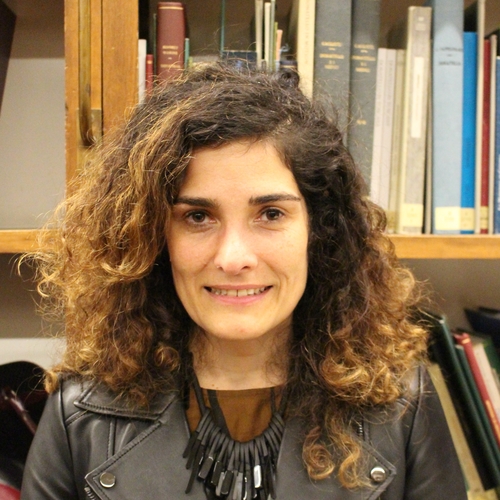
Sinem Casale specializes in Islamic art and architecture, with an emphasis on the history and visual culture of the Ottomans, Safavids, and Mughals. Centering on the relationship between art, diplomacy, religion, and trade in the early modern Muslim world, Casale's research explores issues that relate to exchange and encounters, materiality, gift-giving practices, courtly rituals, and theories of the image.
Casale's first book, Gifts the Age of Empire: Ottoman-Safavid Cultural Exchange, 1500–1639 (University of Chicago Press, 2023; recipient of publication grants from the Barakat Trust UK and the Persian Heritage Foundation) is the first systematic study to examine relations between the rival courts of the Ottomans and Safavids from the perspective of visual and material culture. It shows how exchanging gifts was the central method of diplomacy in the early modern Islamic world. Drawing on a wide range of sources in Ottoman Turkish, Persian, and Italian, and taking a broad historical scope, this book examines the gifting of matchless works of art, such as the famous Shahnama of Shah Tahmasp, together with well-known and unexplored courtly objects and other things. The tracking of gifts, and the ceremonial staging of their presentation and reception in this book offer a fresh perspective of Islamic cultural and diplomatic history and imperial self-fashioning against the backdrop of the Sunni-Shii rivalry, and against the background of expanding global trade networks.
Casale’s ongoing research builds on these issues, looking at exchanges both within and between the Safavid, Mughals and Ottoman courts, and beyond–to especially include numerous powers in Italy–, asking questions about the role of objects and their mobility within tightly connected diplomatic and commercial contexts, at a time of vast political and economic transformation in a globally connected world. New projects explore highly ritualized encounters such as banquets, which projected complex layers of political, artistic, religious and economic connections, practices, and relations that melded members of early modern Muslim courts, and foreign outsiders who visited them.
Prior to joining the Department of Art History at the University of Minnesota, Casale was an Assistant Professor at McGill University's Institute of Islamic Studies. She has sat on the board of the Historians of Islamic Art Association, has been an American Council of Learned Societies Fellow, and a Max Weber Postdoctoral Fellow at the European University Institute in Florence. Her research has also been supported by the Center for Advanced Study in the Visual Arts at the National Gallery of Art, the Social Science Research Council, American Research Institute in Turkey, the Kress Foundation, and the Kunsthistorisches Institut in Florenz – Max Planck Institut (KHI).